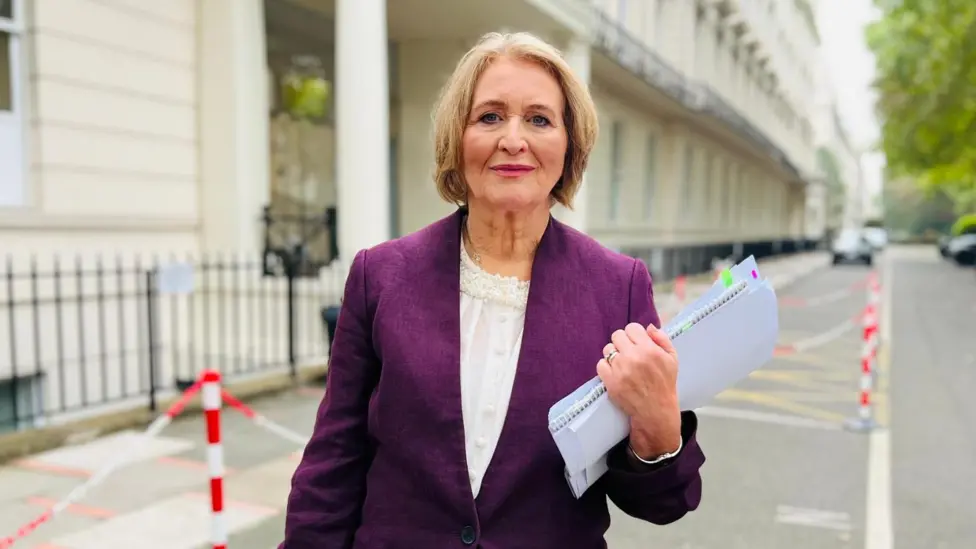Where was the long-term plan for children and families in the Budget?
.jpg)
Our Director of Communications and Strategy Jo Green takes a look at this week’s Budget.
A couple of days on from the noise and claims and counterclaims of the Budget is often a better time to reflect on what the Chancellor has really delivered.
We all know that the economy and public finances are in a shaky state, but I was initially encouraged to hear the Chancellor talk about setting out a long term plan during his speech. For those of us campaigning for greater support and protection for children and families, a long-term plan to reform the broken care and SEND systems, tackling the blight of child poverty, and giving nurseries, schools, and colleges some certainty about their future funding, this should be something to celebrate.
Behind the soundbites though, how much of this Budget was about setting the groundwork for a long-term plan to improve children’s lives? And how much of it was about positioning ahead of a General Election later this year?
The good news first - the changes to Child Benefit will benefit nearly 200,000 families and will end the unfair cliff edge that did penalise some lone parents.
The National Insurance cut does provide some extra help to those families on lower and middle incomes who are still struggling with the cost of living crisis.
And the Chancellor’s additional £165m for residential places for children in care is welcome, as is the extra funding for new special schools which will in time benefit around 2,000 children.
An extra £75m for Violence Reduction Units is timely too.
But while these individual measures will have some impact, where is that long-term plan to really reform broken systems and change lives?
Taken together, none of these announcements are anywhere near approaching a coherent strategy to tackle the huge, generational problems holding back millions of children, particularly the most vulnerable.
Looking at the individual measures above, families living in poverty are still not the biggest beneficiaries of tax changes, the large-scale investment and reform needed to sort out the expensive mess of children’s social care has still not been delivered, and many parents will still be stuck in a never-ending nightmare of appeals, unsuitable provision, and bureaucratic fighting for SEND support.
Extra money for VRUs is good, but still a long way short of the national plan to protect and support teenagers that is so desperately needed.
Meanwhile, the long-term, fair funding plan that schools and the early years sector and their communities need to help to respond to the growing level of need, tackle their recruitment and retention crises, boost early years development, close the attainment gap, and manage the myriad of other challenges from poverty and school absence to mental health that are facing them, is still not there.
Perhaps it’s too much to expect genuine long-term plans at the end of a Parliament when politicians minds’ turn to re-election. That’s a shame in itself. But while the Westminster bubble moves on to the next round of polls, gaffes, launches and the rows, life will stay pretty much the same – or even get worse - for the millions of children and families who are crying out for the political and financial capital needed to really transform their life chances.
Whoever is elected or re-elected later this year needs to take a completely fresh approach, and one that recognises the game-changing benefits of early help, building supportive relationships, and certainty around funding. Please - no more short term wheezes and sticking plasters. We need the next Government to be ambitious and brave and to set out a genuinely long-term national mission that, encourages and rewards reform and improvement, so that every child can thrive.










.jpg)




